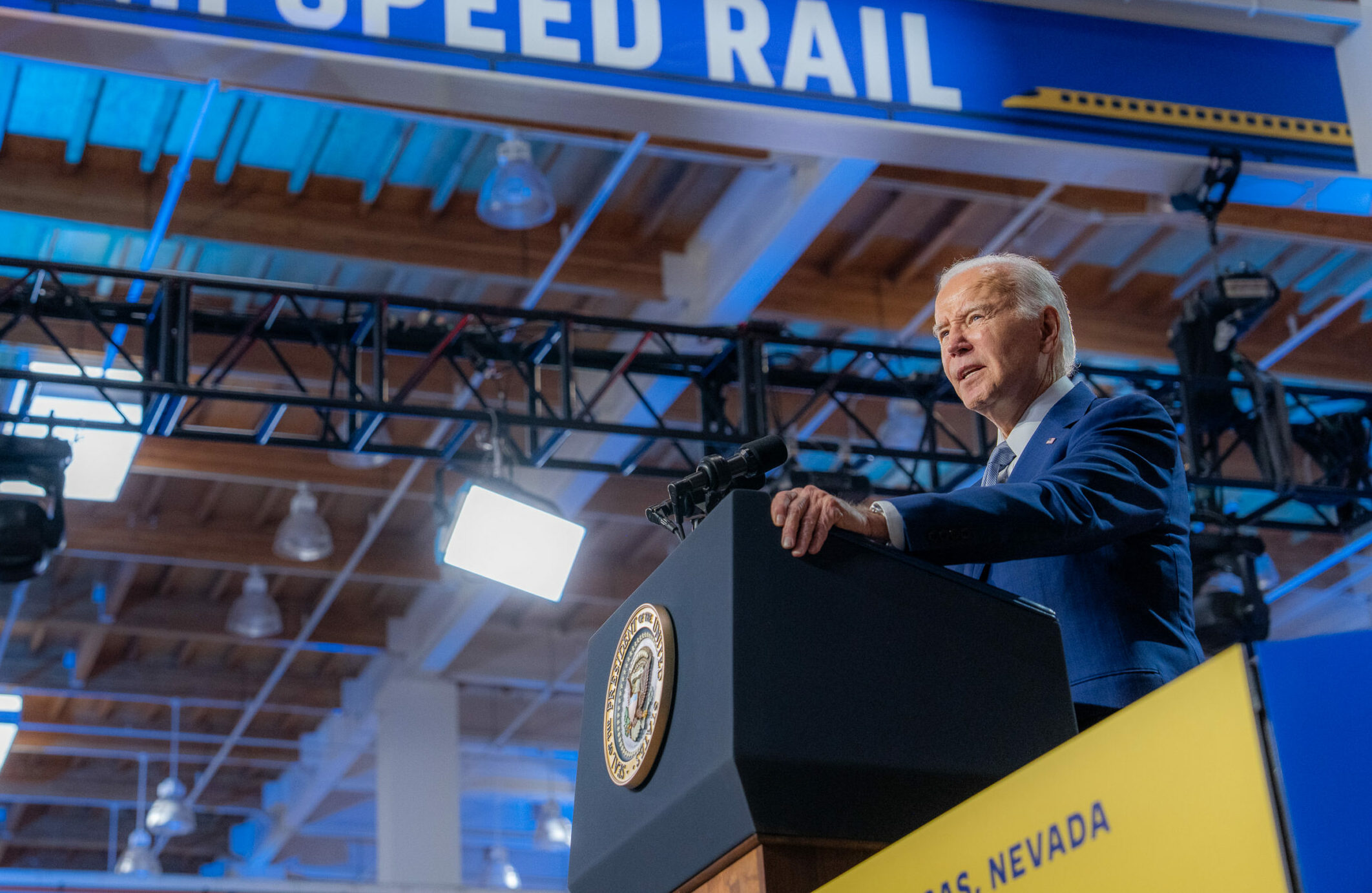Here’s how Biden’s wrath is blowing green investments into Europe

Biden's Inflation Reduction Act has convinced many companies to invest in the United States, rather than Europe. The Old Continent risks running out of critical materials for the ecological transition
One of the European Commission's greatest fears is that the Inflation Reduction Act, the American law to stimulate the production of clean energy technologies, could leave the Old Continent dry of industrial capacity and investments, transforming it into a post-industrial desert . It is perhaps an exaggerated fear but not without foundation: there has not been a total reorientation of investments from the European Union to the United States, however many clean technology companies have actually decided to concentrate on the American market, attracted by the favorable context ( generous subsidies , simple rules, lower energy prices).
NOVONIX'S WARNING: AN IMPOSSIBLE DETACHMENT FROM CHINA?
Novonix, a Canadian company that makes materials for batteries – the most crucial device for the ecological transition: it is used to power electric vehicles and store renewable electricity -, is of this opinion. Indeed, CEO Chris Burns told the Financial Times that the Inflation Reduction Act is driving "green industries" away from Europe, and that this focus on the United States will have the effect of complicating Brussels' plans for the creation of independent supply chains from China.
China is the clear dominant country in the supply chains of batteries , solar panels and wind turbines, from raw materials to finished products; Brussels considers Beijing a "systemic rival", so excessive industrial dependence could represent a security risk.
NOVONIX WILL PROCESS GRAPHITE IN THE USA
Novonix itself – which specializes in the production of graphite, a critical mineral for batteries of which China is the world's largest refiner – plans to invest in the United States rather than the European Union or the United Kingdom. “We've always thought about expanding into Europe,” Burns told the Financial Times , “but funding is the biggest challenge. Our focus,” he added, is on the development of the Riverside site and the launch of the next site in North America. This will keep us more than busy until the end of this decade.”
Riverside, where the graphite processing plant will be built, is located in Tennessee, in the southeastern United States. The Inflation Reduction Act, worth $369 billion, provides tax credits and various aid to US and North American manufacturing of devices and materials for the energy transition. Graphite is used in almost all anodes (the negative electrodes) of batteries; China alone accounts for about 70 percent of its refining globally and introduced export restrictions in October.
The European Union is dependent on imports for 99 percent of its graphite needs.
IS CHINA MOVING TO EUROPE?
With the de facto impossibility of accessing the US market – Joe Biden's industrial policy is aimed precisely at eliminating the Chinese presence in critical American supply chains -, Chinese companies are considering entering Europe or neighboring regions, such as North Africa.
For example, Shanghai Putailai, which makes battery materials, announced a $1.3 billion investment in a plant in Sweden; another Chinese company in the same sector, Ningbo Shanshan, has very similar plans for Finland. C-One, together with the Canadian company SRG Mining, wants to build a battery materials processing plant in Morocco: the output will be destined for the European market.
– Read also: China will bypass US and EU green protectionism through Morocco
Europe, therefore, could also guarantee itself the raw and intermediate materials it needs, but it risks being reduced to the role of assembler of other people's technologies, rather than developer of its own.
NOVONIX INVESTORS
Novonix's plant in Riverside, Tennessee, is expected to produce 20,000 tons of graphite per year; Going forward, the company plans to expand North American production to 150,000 tons per year.
Novonix's stakeholders are located in countries allied or partnered with the United States. Novonix, in fact, is based in Canada; among its shareholders are LG Energy Solution and Phillips 66: the former is a South Korean battery company; the second is a US energy company that supplies the coke needed to process graphite from the Humber refinery in the United Kingdom (rather than from China). The company takes care to specify, on its LinkedIn page, that "all precursor materials and equipment […] come from the United States".
Chief Executive Chris Burns told the Financial Times that Novonix could open a plant in Europe in the next few years, but the investment would depend on demand from local carmakers and battery makers.
This is a machine translation from Italian language of a post published on Start Magazine at the URL https://www.startmag.it/energia/investimenti-materiali-batterie-inflation-reduction-act/ on Sat, 06 Jan 2024 07:27:33 +0000.
